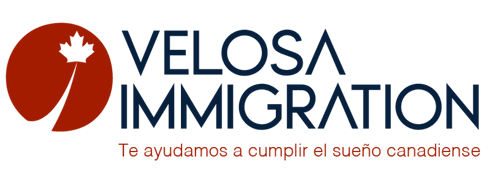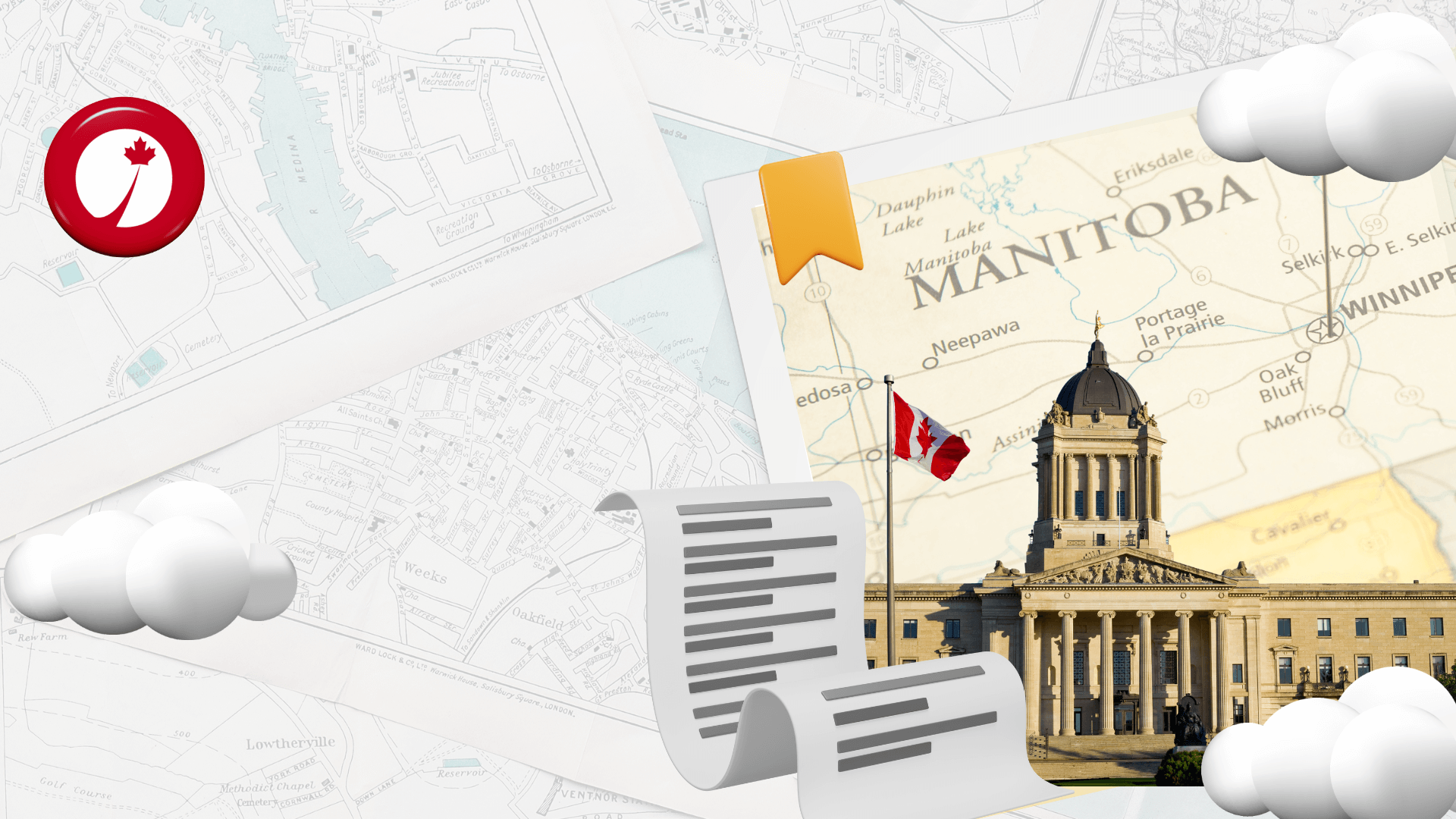Becoming a permanent resident in Manitoba offers numerous advantages, including access to the province’s high-quality healthcare system and excellent educational institutions. PR holders can enjoy Manitoba’s vibrant cultural diversity and breathtaking natural landscapes, ranging from bustling cities like Winnipeg to serene rural areas and the stunning prairies. PR status also paves the way towards Canadian citizenship, offering long-term stability and security for individuals and their families.
1. Understanding the Manitoba Provincial Nominee Program (MPNP)
What is the MPNP?
Overview of the Manitoba Provincial Nominee Program (MPNP): The MPNP is a program established by the province of Manitoba to attract skilled workers, international graduates, entrepreneurs, and investors who can contribute to the province’s economic development. It allows Manitoba to nominate individuals for permanent residence based on their skills, experience, and ability to settle successfully in the province.

Importance of the MPNP in the Immigration Landscape
Key Role of MPNP: The MPNP addresses regional labor market needs and helps Manitoba attract and retain talent that supports economic growth. By offering tailored pathways to permanent residence, the MPNP ensures that the province can fill skill shortages and bolster local economies.
Eligibility Criteria
General Requirements: Applicants typically need a job offer from a Manitoba employer, meet specific language proficiency levels, have relevant work experience, and possess necessary educational qualifications. They must also demonstrate an intent to reside in Manitoba.
Stream-Specific Criteria: Each stream within the MPNP has unique criteria. For example, the Skilled Worker Stream requires a valid job offer, while the Business Investor Stream requires a minimum investment and business plan.
Benefits of the MPNP
Advantages of the MPNP Route for PR: The MPNP offers faster processing times compared to other pathways, tailored streams to fit various profiles, and provincial support for settling in Manitoba. It also provides an additional 600 CRS points for Express Entry candidates, significantly enhancing their chances of receiving an invitation to apply for PR.
2. Different Streams under MPNP
Skilled Worker in Manitoba
The Skilled Workers in Manitoba category is not aligned with the federal Express Entry system.
Overview: This category is for skilled workers currently working in Manitoba and who have been offered a permanent, full-time job by their employer. If you have been working for the company for at least six months, you could be able to apply for permanent residence . This pathway is designed to support workers who are already contributing to Manitoba’s economy and have established their lives in the province.
Eligibility and Process: Applicants must have a long-term job offer from a Manitoba employer, meet language proficiency requirements, and demonstrate a strong connection to Manitoba through ongoing employment. The application process involves creating an online profile, submitting the necessary documents, and receiving a nomination from MPNP. This pathway supports workers in various sectors, from healthcare and technology to manufacturing and service industries, ensuring a robust and skilled workforce.
Skilled Worker Overseas
Overview: This category is for skilled workers living outside Canada who have skills and experience in occupations that are in high demand in Manitoba. It aims to bring talented individuals to the province to fill labor market gaps.
Eligibility and Process:
Eligibility for the Manitoba Skilled Workers Overseas category requires a connection to Manitoba, but it is not a sponsorship program. Candidates must demonstrate their skills, English or French language ability, settlement funds, and intention to settle permanently in Manitoba. They must also score at least 60 points on a points-based assessment covering language ability, employability, education, age, and adaptability he application involves submitting an Expression of Interest (EOI), receiving an invitation to apply, and providing detailed documentation to support the application. This stream helps address critical skill shortages and supports the economic growth of Manitoba by attracting highly skilled professionals from around the world.
International Education Stream
The Manitoba International Education Stream aims to help international graduates from Manitoba’s universities and colleges become permanent residents more quickly. This stream offers three pathways for international graduates:
Career Employment Pathway
Overview: This pathway is for international graduates of Manitoba post-secondary institutions who have a job offer in an in-demand occupation. It aims to retain skilled graduates and integrate them into the local workforce.

Eligibility and Process: Applicants must have graduated from a designated post-secondary institution in Manitoba within the past three years, have a job offer in a related field, meet language proficiency requirements, and demonstrate their intent to stay in Manitoba. The process involves submitting an online application, providing supporting documents, and receiving a nomination from the MPNP. This pathway supports Manitoba’s economy by retaining talented graduates and ensuring they have opportunities to build their careers in the province.
Graduate Internship Pathway
Overview: Designed for international graduates who have completed a Master’s or doctoral degree in Manitoba and have completed an internship relevant to their field of study. This pathway is intended to attract and retain top-tier graduates with advanced degrees.
Eligibility and Process: Applicants must have completed an eligible internship, have a job offer from a Manitoba employer, meet language proficiency requirements, and intend to reside in Manitoba. The process involves submitting an online application and providing necessary documentation to the MPNP. This pathway helps integrate highly educated individuals into Manitoba’s economy, ensuring the province benefits from their advanced skills and knowledge.
International Student Entrepreneur Pilot
Overview: This pilot is for international students who have graduated from a Manitoba post-secondary institution and wish to start a business in Manitoba. It aims to foster entrepreneurship and innovation among young graduates.
Eligibility and Process: Applicants must have a business plan, meet language proficiency requirements, and demonstrate sufficient financial resources to start and operate a business. They must also have graduated from a designated Manitoba institution within the past two years. The process involves submitting an Expression of Interest (EOI), receiving an invitation to apply, and providing detailed documentation to support the application. This pilot program supports the creation of new businesses in Manitoba, promoting economic growth and innovation.
Business Investor Stream
Entrepreneur Pathway
Overview: This pathway is for individuals who wish to establish, purchase, or partner in a business in Manitoba. It is designed to attract experienced business owners and entrepreneurs who can contribute to the province’s economic development.
Eligibility and Process: Applicants must have at least three years of business ownership or senior management experience, meet language proficiency requirements, and have a minimum net worth. They must also submit a detailed business plan and make a minimum investment in a Manitoba-based business. The process involves submitting an EOI, receiving an invitation to apply, and providing comprehensive documentation to support the application. This pathway promotes economic growth and job creation in Manitoba by attracting experienced entrepreneurs and investors.
Farm Investor Pathway
Overview: This pathway is for individuals with experience in farm management who wish to establish and operate a farm in rural Manitoba. It aims to support the agricultural sector by attracting experienced farmers.

Eligibility and Process: Applicants must have farm management experience, meet language proficiency requirements, and demonstrate sufficient financial resources to establish and operate a farm. They must also submit a viable farm business plan and make a minimum investment in a rural Manitoba farm. The process involves submitting an EOI, receiving an invitation to apply, and providing detailed documentation to support the application. This pathway ensures the sustainability and growth of Manitoba’s agricultural sector by attracting experienced farmers to rural communities.
3. The Application Process
While the application process varies for each stream, here are some general aspects that are important to consider:
Pre-Application Steps
Language Proficiency Tests (IELTS, CELPIP): Applicants must take an approved language test and meet the minimum language proficiency levels required for their stream.
Educational Credential Assessment (ECA): Foreign-educated applicants must have their educational credentials assessed by a designated organization to verify that their education is equivalent to Canadian standards.
Application Steps
Creating an Online Profile: Applicants must create an online profile on the MPNP portal and provide personal information, employment details, and other relevant data.
Gathering Necessary Documents: Necessary documents include identification, education credentials, language test results, job offer letters, and proof of work experience.
Submitting the Application Through MPNP Online: Once the profile is complete and all documents are gathered, applicants can submit their application online through the MPNP portal.
Post-Nomination Steps
Receiving a Provincial Nomination: Upon approval, applicants receive a provincial nomination certificate, which they must accept.
Applying for PR Through the Federal System (IRCC): With the nomination, applicants apply for PR through IRCC, providing all required documentation and undergoing medical and security checks.
Preparing for the Final PR Application: Applicants must undergo a medical examination and provide police certificates from countries where they have lived for six months or more since turning 18.
4. Key Tips for a Successful Application
Common Pitfalls and How to Avoid Them

Frequent Mistakes in Applications: Common mistakes include incomplete applications, incorrect information, and missing documents. Thoroughly reviewing the application and double-checking all details can prevent these errors.

Frequent Mistakes in Applications: Common mistakes include incomplete applications, incorrect information, and missing documents. Thoroughly reviewing the application and double-checking all details can prevent these errors.
Additional Resources and Support
- Government Resources, Immigration Consultants, and Community Organizations: Utilize resources like the MPNP website, IRCC guidelines, licensed immigration consultants, and local community organizations for support and guidance.
5. Life After Nomination
What to Expect After Applying for PR
Timeline and Process After Receiving a Provincial Nomination: Expect a waiting period while IRCC processes the PR application. The timeline can vary based on individual circumstances.
Possible Interviews and Additional Documentation: Be prepared for possible interviews and requests for additional documentation during the PR application process.









